CANBERRA, Australia — Medibank client data was published by an extortionist Wednesday, including details of individuals’ medical procedures, after Australia’s largest health insurer refused to pay a ransom for the personal records of almost 10 million current and former customers.
The release of information on the dark web appeared to be a sample of the data that Medibank had previously determined had been stolen last month, a company said. Medibank expected the thief would continue releasing data.
“This is a criminal act designed to harm our customers and cause distress,” Medibank CEO David Koczkar said in a statement that reiterated a previous apology to customers.
“We take seriously our responsibility to safeguard our customers and we stand ready to support them,” he added.
Prime Minister Anthony Albanese, who is a Medibank customer and has had personal data stolen, welcomed the company’s refusal to pay the hacker to have the records returned.
“This is really tough for people. I’m a Medibank Private customer as well and it will be of concern that some of this information has been put out there,” Albanese told reporters, referring to a Medibank brand.
“The company has followed the guidelines effectively, the advice, which is to not engage in a ransom payment. If you go down this road, then you end up with more difficulties potentially across a wider range,” Albanese added.
The thieves had reportedly threatened to expose the diagnoses and treatments of high-profile customers unless a ransom of an undisclosed amount was paid, but Medibank decided there was “only a limited chance” that a ransom would prevent the data being published.
A blogger using the name “Extortion Gang” posted Monday night on the dark web that “data will be publish (sic) in 24 hours.”
Medibank this week updated its estimate of the number of people whose personal information was stolen from 4 million two weeks ago to 9.7 million. The stolen data included health claims of almost 500,000 people including diagnoses and treatments, the company said.
Click Here to Read the Full Original Article at ABC News: Health…

